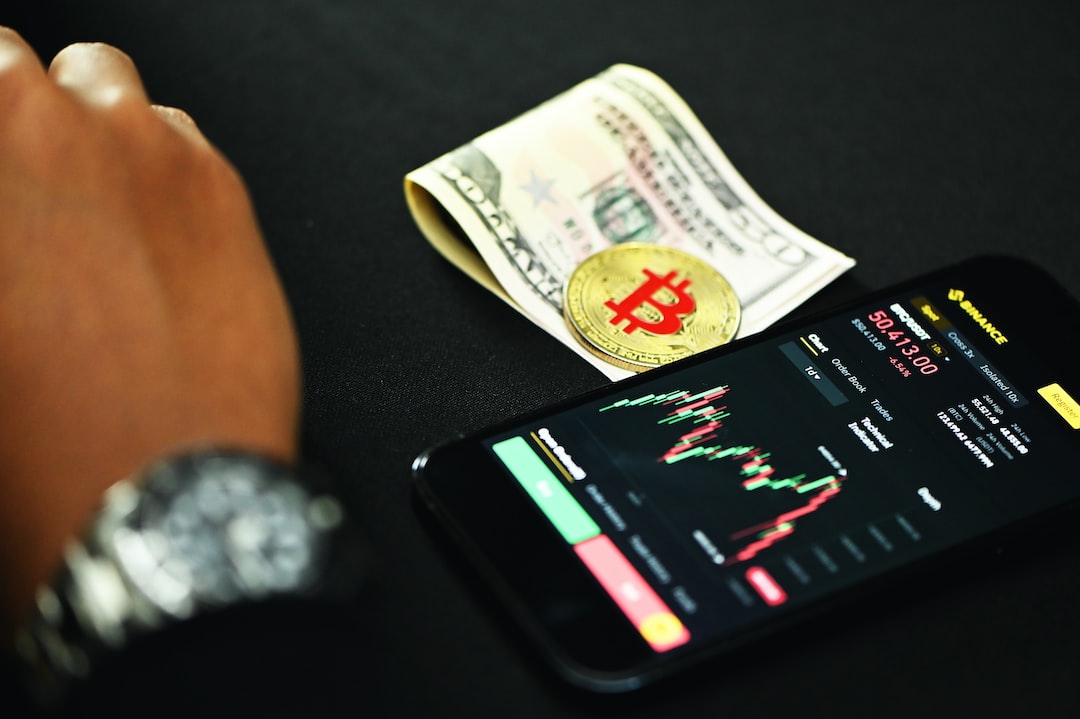PayPal Introduces Its Own Stablecoin, PYUSD
PayPal has launched its own stablecoin, called PayPal USD (PYUSD), in collaboration with Paxos. PYUSD is pegged to the US dollar and will be launched on the Ethereum blockchain. Users can register for the initial distribution of PYUSD by connecting their crypto wallets. They can buy, sell, send, and receive PYUSD with zero transaction fees. The stablecoin is currently available to eligible US PayPal Balance accounts, with plans to extend support to the Venmo app in the future.
PYUSD to Boost Crypto Adoption and Payments Infrastructure
The introduction of PYUSD is expected to enhance its appeal in the cryptocurrency and Web3 sectors, facilitating shopping and crypto token trading. PayPal CEO Dan Schulman envisions PYUSD becoming an integral part of the broader payments infrastructure. The collaboration between PayPal and Paxos aims to provide users with a fast blockchain-based transfer option that bypasses intermediaries, solidifying PayPal’s market dominance in electronic payments.
Paxos and PayPal Partnership
Paxos and PayPal announced their partnership in 2020 with plans to develop innovative crypto products. Prior to PYUSD, Paxos issued another stablecoin called Binance USD (BUSD). However, Paxos faced legal issues with the U.S. Securities and Exchange Commission regarding BUSD. The stablecoin was initially scheduled to launch in February 2023 but faced delays. Paxos defended BUSD, stating that it was not an unregistered security and had segregated funds in bankruptcy-protected bank accounts.
Debate Over Centralization Concerns
The announcement of PayPal’s stablecoin drew attention from the crypto community. Supporters believe that PayPal’s integration with the traditional financial system will make it easier for people to buy and use cryptocurrencies, legitimizing them and attracting mainstream investors. However, critics express concerns about the centralization of the project, citing the risk of PayPal’s control over the stablecoin. The debate revolves around the potential benefits and risks of PayPal’s involvement in the crypto space.
Hot Take: PayPal’s Stablecoin Expands Crypto Accessibility, but Raises Centralization Concerns
PayPal’s launch of PYUSD is a significant development in the crypto landscape, providing users with a stablecoin that can be easily bought, sold, and used. The integration with popular wallets and exchanges enhances crypto accessibility. However, the centralization of the project raises concerns about user control and the potential for abuse by a centralized entity. While PayPal’s involvement may boost crypto adoption, it also highlights the need for decentralized alternatives to ensure user sovereignty and security.
Guiding both intrepid trailblazers and inquisitive novices, Blair’s insights serve as a compass for discerning decision-making amidst the ever-evolving currents of cryptocurrencies. With the artistry of a linguistic virtuoso, they craft narratives that enrich the evolving tapestry of the crypto landscape.

